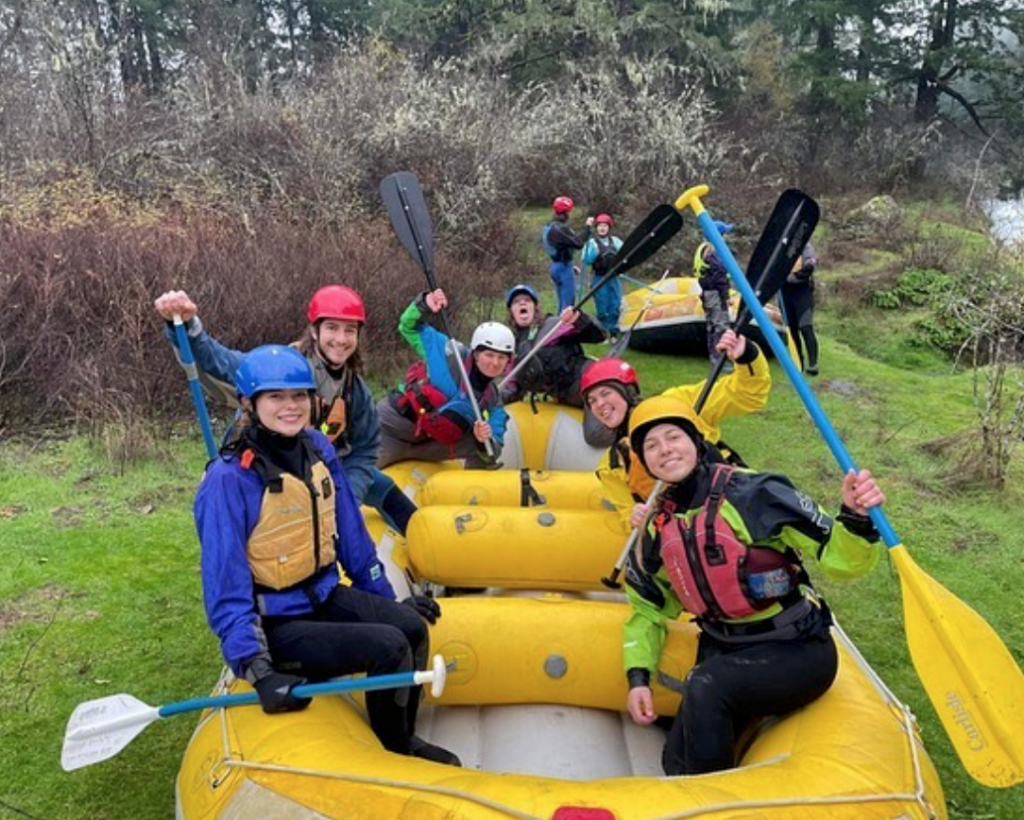While watching the introduction to the film “Most likely to succeed” which was assigned for our EDCI 336 class, I related to the narrator’s monologue. The situation that he described where someone graduates from university and is unable to get a job in their field leaving them either unemployed or underemployed is a situation that I have seen many friends experience. I was intrigued to see if he would suggest solutions to this problem during the film.
When they started talking about the history of education and how our current system got its start because of the need for an organised group of people to be soldiers and factory workers I reflected on what our system was actually teaching children. I was a bit uncomfortable at the idea that this system was being used to create a controllable workforce because I had not seen it that way before.
I enjoyed seeing the Socratic seminar because this was an activity that we are doing in one of our other classes in this program. It was interesting to see how the activity would work with younger students. However, it seemed like some of the students were quite shy and I wondered if this could be because the teacher seemed a bit gruff and impatient.
I thought it was positive for the teachers to be able to teach what they were most passionate about because their enthusiasm would likely encourage students to become more interested in the topic as well. This was demonstrated by the excitement the students showed when they were starting to work on their ancient civilizations project. On the other hand, I think that there are some topics that are very important for students to know and I worry that the students wouldn’t get a well-rounded education if the teachers are able to pick and choose what they teach without aby guidelines.
I thought it was a bit weird that they split up the class by gender to do the plays. I actually don’t have an issue with splitting up by gender in general because I’ve read that girls are more likely to succeed academically in an all-girls classroom but I thought their reasoning was weird. You don’t have to split them up just because girls weren’t allowed to act in 5th century Athens. You can teach about historical inequalities without recreating them…
When listening to the parent’s concerns, I found myself agreeing. I thought the math teacher talking to the mom sounded a little out of touch. While I think that there are benefits to High Tech High’s method, I think that a better option would be a combination of their project-based learning and traditional education.
I also thought that the tone of the video was weird when they were talking to some of the students about their concerns regarding changes made in the math classroom. They asked the students a leading question about whether they wanted to get a good grade or really understand the math. The question seemed intended to put the students down for being concerned about their letter grades. My issue is that the students are still living in a system where the letter grade is important. By not recognizing this the teachers are doing their students a disservice. The students are reasonable in their concern about their grades considering this is what might get them into college. The teacher seems out of touch when he implies that grades are not important. While standardised tests might not be a true representation of learning, grades and tests are still important in the current system. The teachers seemed condescending and rude. If they want to change their student’s attitudes they need to change the entire system.
